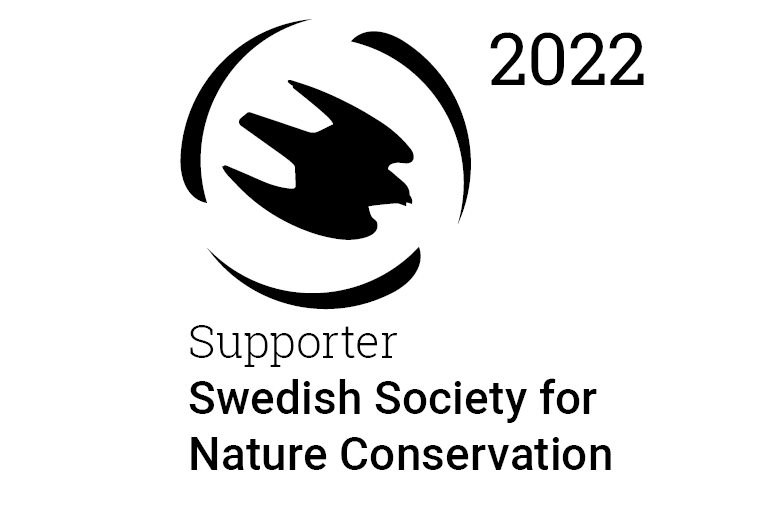Sung Hyun Yim
Since the implementation of EU-REACH in 2007, several Asian countries have introduced their own legal frameworks or have been tightening their existing chemical regulations. Examples of such regulations are South Korea’s K-REACH, Türkiye’s KKDIK, the Chinese REACH or the Taiwanese chemicals system. Other countries like Vietnam, Malaysia and India are still designing their system or have set the first steps. In this session, experts from Asian countries will share their insights on the latest regulatory focuses and future developments in Southeast Asia in particular. Key questions expected to be addressed during the session:
- What are the minimum requirements for a functioning management system?
- What are the main differences and commonalities between existing and planned systems in the region?
- Can the EU-REACH be adapted to developing countries in the region?
- Possible impact on industry specially SMEs.
- Possible impact on trade – key focus on the business competitiveness.
Mr. Sung Hyun Yim
Assistant Manager, KCMA

Sung Hyun Yim serves as an assistant manager at the Korea Chemicals Management Association. Since 2018, he has been actively involved in managing chemical inventory and providing education on the Chemical Control Act (CCA) to SMEs and foreign workers. His expertise also extends to supporting the management of the K-REACH system and conducting research on designation of hazardous substances, such as substances subject to authorization or restriction.
Currently, his focus lies in conducting research on international conventions and domestic chemical management systems. He holds a degree in environmental science and engineering from Kyung-hee University.
Assistant Manager, KCMA

Sung Hyun Yim serves as an assistant manager at the Korea Chemicals Management Association. Since 2018, he has been actively involved in managing chemical inventory and providing education on the Chemical Control Act (CCA) to SMEs and foreign workers. His expertise also extends to supporting the management of the K-REACH system and conducting research on designation of hazardous substances, such as substances subject to authorization or restriction.
Currently, his focus lies in conducting research on international conventions and domestic chemical management systems. He holds a degree in environmental science and engineering from Kyung-hee University.


